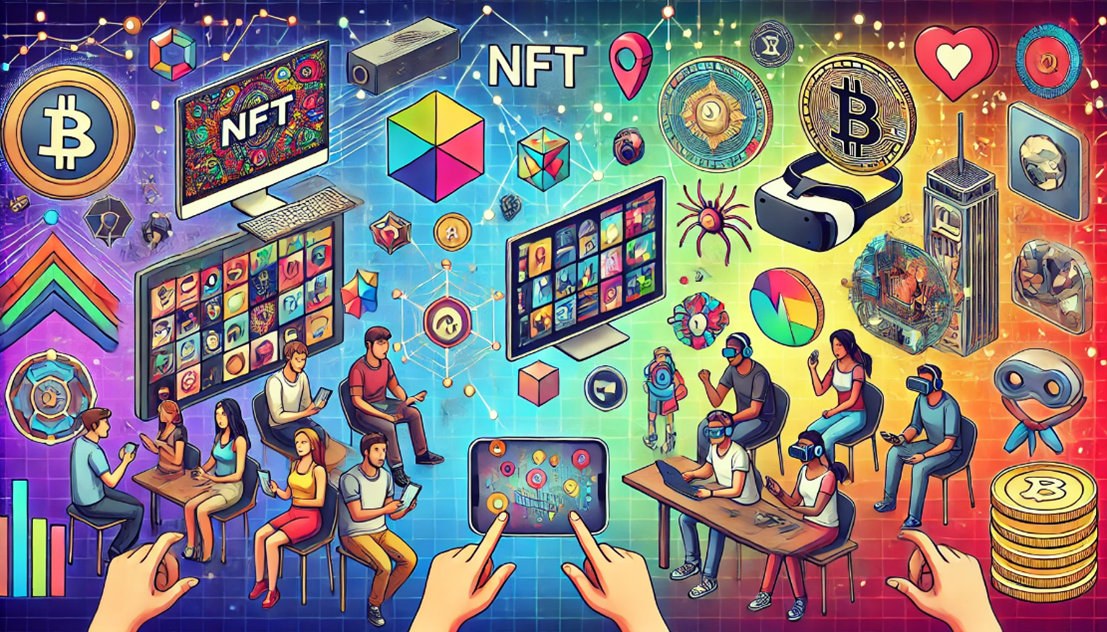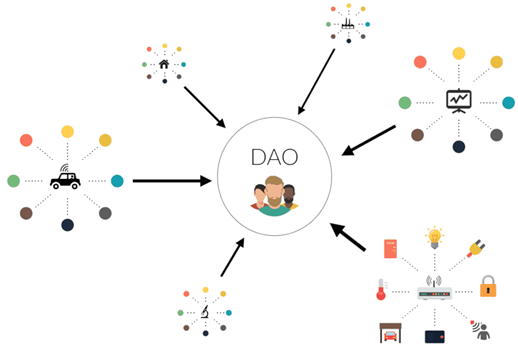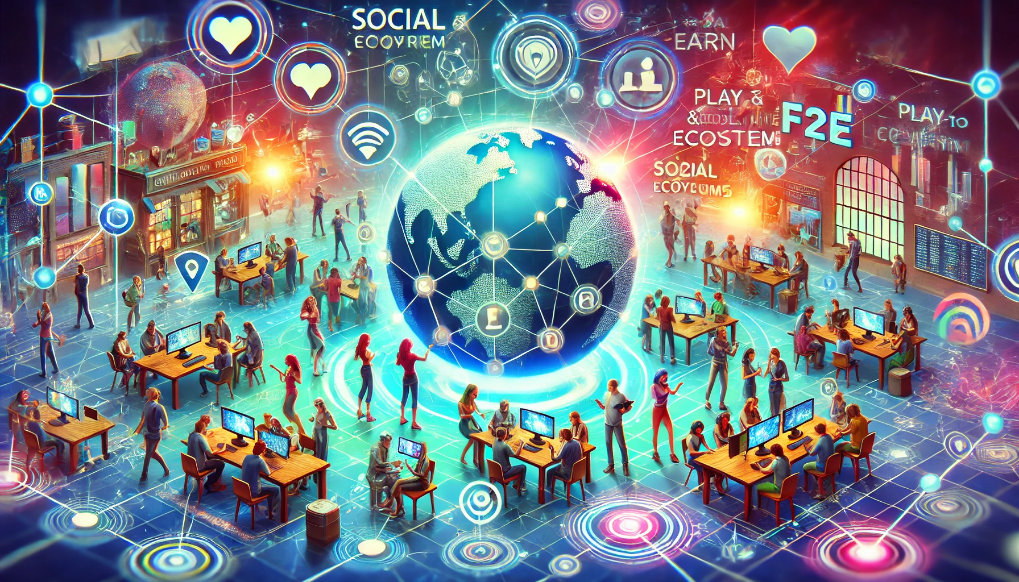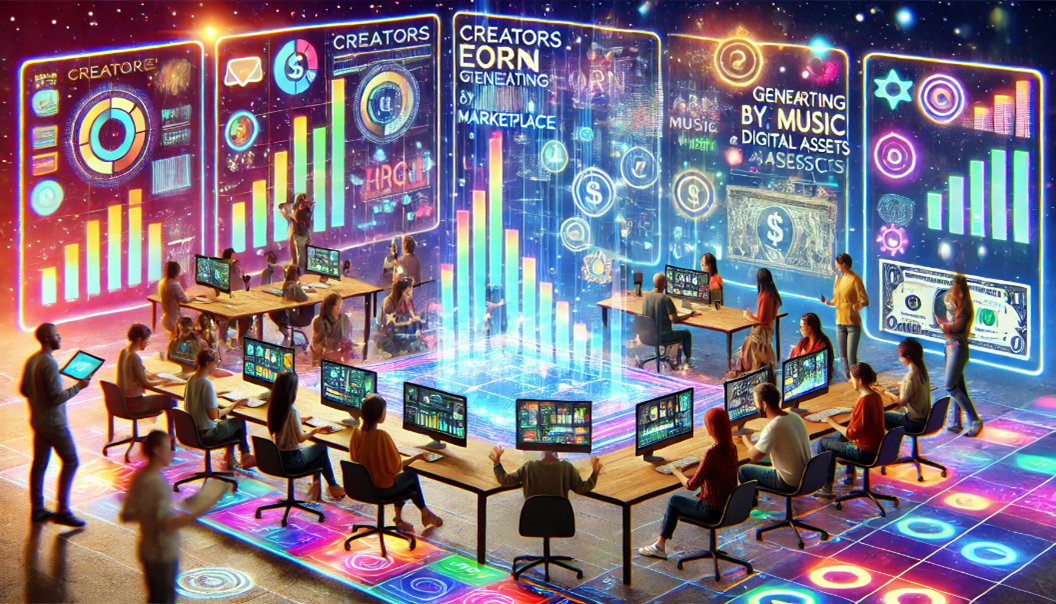Potential partnerships between gaming companies and local governments

Potential partnerships between gaming companies and local governments
by Maximilian 04:07pm Jan 21, 2025

Partnerships between gaming companies and local governments hold tremendous potential to drive mutual benefits, ranging from economic development and innovation to fostering community engagement. Here’s a detailed look at how such collaborations could unfold and the opportunities they present:
1. Economic Development and Job Creation
Boosting Local Economies: Gaming companies can partner with governments to establish studios or gaming hubs in underserved areas, creating jobs and stimulating local economies.
Promoting Entrepreneurship: Governments can support gaming startups with funding, tax incentives, or incubation programs, helping to grow the local gaming industry.
E-sports Infrastructure: Collaborative investments in e-sports arenas, tournaments, and events can attract tourism and boost regional economies.

2. Promoting Education and Skill Development
Game Design Training Programs: Governments can work with gaming companies to launch courses or certification programs in game development, coding, and design to upskill local talent.
STEM Education Through Gaming: Gamified educational tools developed through these partnerships can make STEM subjects more accessible and engaging for students.
Internships and Scholarships: Initiatives such as scholarships for game design programs or internships at major gaming studios can empower the next generation of game developers.
3. Advancing Technological Innovation
Blockchain Integration: Local governments can collaborate with gaming companies to explore blockchain technology for applications beyond gaming, such as secure voting systems or supply chain transparency.
Smart City Initiatives: Gaming companies can gamify public services, such as incentivizing recycling, fitness, or public transportation, contributing to smarter, more engaged communities.
AI and AR/VR Development: Partnerships can fund research and development in AI, augmented reality (AR), and virtual reality (VR), with gaming serving as a testing ground for these technologies.
4. Supporting Financial Inclusion
Leveraging P2E for Income Opportunities: Governments can partner with Play-to-Earn (P2E) platforms to provide alternative income streams for unemployed or underemployed populations.
Introducing Digital Wallets: Joint initiatives could teach citizens about digital wallets and cryptocurrencies, providing tools for financial inclusion and literacy.
Microfinance Through Gaming: Local governments could support programs that allow players to reinvest P2E earnings into their communities through microfinance initiatives.
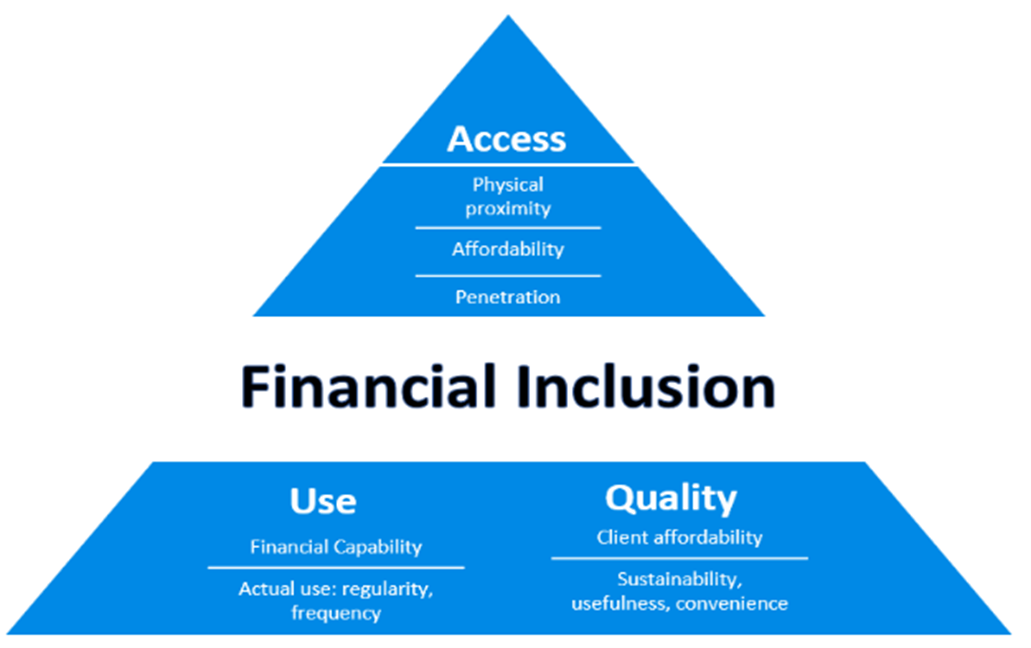
5. Promoting Tourism and Cultural Heritage
Cultural Representation in Games: Governments can partner with gaming companies to create games that showcase local history, culture, or landmarks, boosting cultural awareness and tourism.
Virtual Tourism: Using gaming technologies, governments can develop immersive virtual tours of key destinations, accessible worldwide.
Gaming Events: Hosting gaming festivals, tournaments, or conventions can draw international audiences and promote local culture.
6. Addressing Social Challenges
Mental Health Initiatives: Governments and gaming companies can work together to create games that promote mental well-being or provide therapy through gamified solutions.
Environmental Awareness: Games that raise awareness about sustainability, conservation, or climate change can be co-developed to educate and inspire action.
Community Engagement: Gamified platforms can encourage civic engagement, such as participating in local decision-making or volunteer programs.
7. Policy Support and Regulation
Consumer Protection: Governments can work with gaming companies to create fair policies on loot boxes, P2E earnings, and digital asset ownership, ensuring player protection.
Data Security: Collaborations can focus on creating secure systems for handling player data while adhering to privacy regulations.
Esports Recognition: Governments can formally recognize e-sports as a legitimate sport, paving the way for regulatory frameworks and support.
8. Building Digital Infrastructure
Expanding Internet Access: Governments can invest in infrastructure to ensure stable internet connectivity in rural or underserved areas, enabling more people to participate in online gaming.
Cloud Gaming Partnerships: Collaborations with gaming companies to deploy cloud gaming platforms can make high-quality gaming accessible without expensive hardware.
Decentralized Networks: Governments and gaming companies can work together on decentralized infrastructure projects using blockchain technology.

9. Encouraging Diversity and Inclusion
Women in Gaming Initiatives: Partnerships can support programs aimed at increasing emale participation in gaming and technology.
Inclusive Gaming Communities: Co-developed campaigns can address toxic behavior in gaming and promote inclusivity.
Accessible Games: Governments can incentivize companies to create games tailored for people with disabilities.
10. Challenges and Considerations
While the opportunities are vast, these partnerships come with challenges:
Regulatory Hurdles: Navigating local laws and cryptocurrency regulations may be complex.
Funding and ROI: Ensuring mutual benefit and clear financial returns for both parties is crucial for long-term collaboration.
Public Perception: Some communities may resist government involvement in gaming, viewing it as frivolous or controversial.
Digital Literacy Gaps: Governments and companies must work to address barriers to technology adoption in certain regions.
Notable Examples of Potential Collaboration
Gaming Hubs in Emerging Markets: Establishing gaming development zones in Africa, Southeast Asia, or Latin America, supported by local governments.
Cultural Heritage Games: Partnerships like Ubisoft’s collaboration with historians for accurate historical representation could be expanded to include government input.
P2E Platforms for Social Impact: Governments could explore partnerships with P2E platforms like Axie Infinity to address unemployment and provide financial education.
By fostering partnerships between gaming companies and local governments, the gaming ecosystem can become a powerful tool for economic growth, education, and social development.



